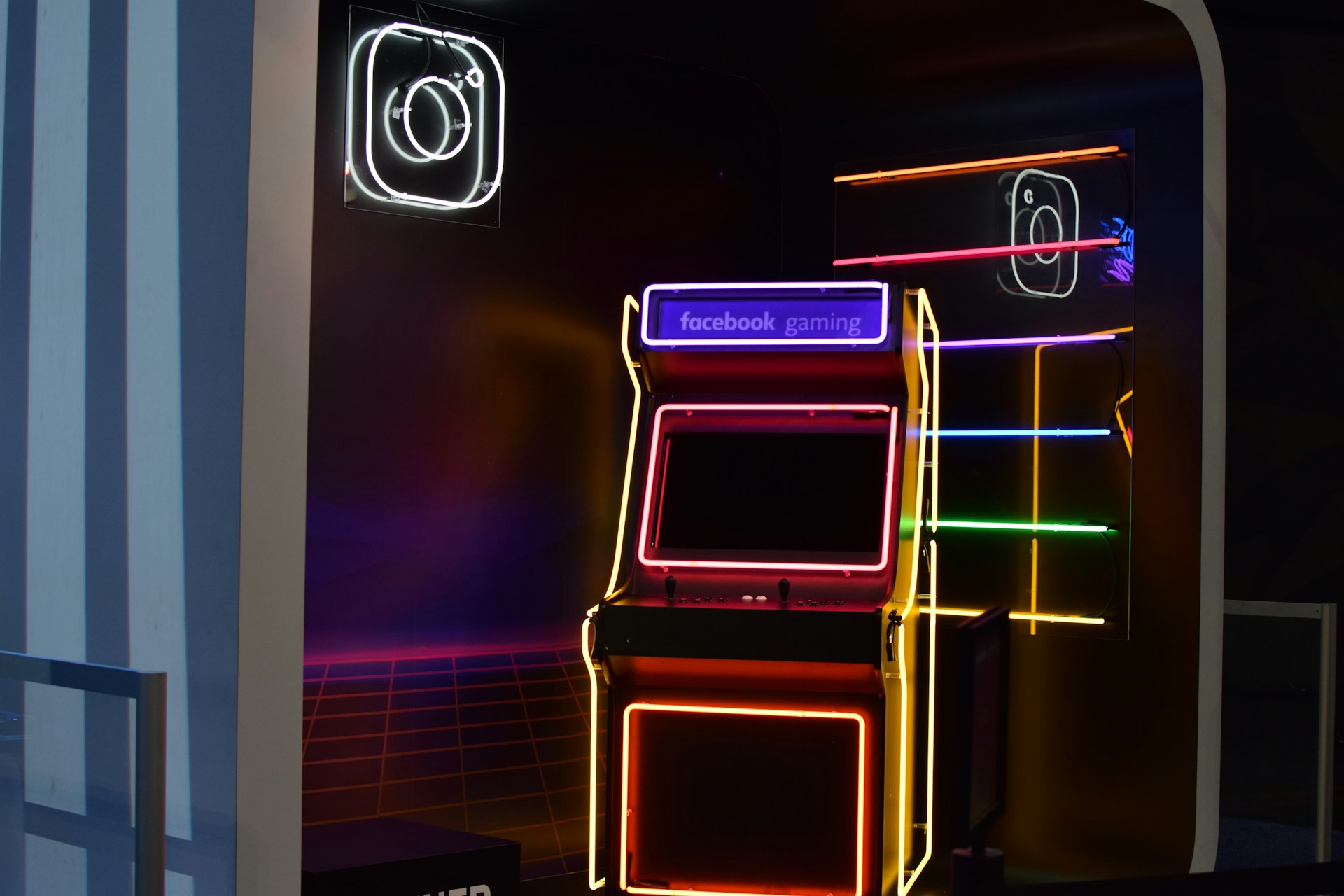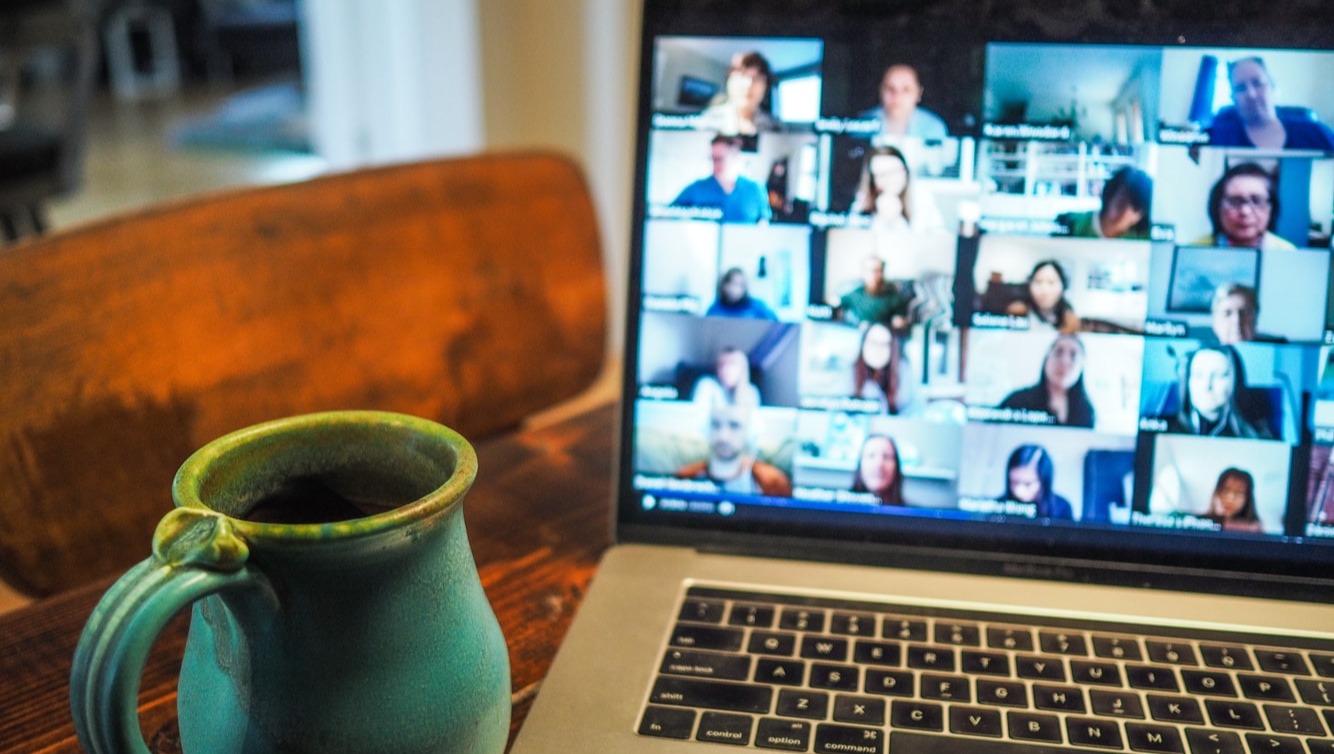
It’s no secret that LinkedIn should be a key component of almost any business’ B2B marketing strategy. Over the past few years, with a growing emphasis on content, and more focus on digital marketing than ever before, LinkedIn has firmly cemented itself as the definitive social networking site for B2B marketing.
But there’s a potential new ruler on the horizon. Facebook’s recent rebrand to "Meta" has put all eyes on the Metaverse, and what it could mean for the future of advertising and marketing.
As defined by Facebook: “The Metaverse is a set of virtual spaces where you can create and explore with other people who aren’t in the same physical space as you”. In essence, this means that the Metaverse will open doors for the use of augmented reality in marketing, which is a completely new frontier for B2B. It all sounds very exciting, and perhaps daunting, but what does it mean for the future of B2B marketing? Here are 5 of our key insights.
Challenging LinkedIn
Finally, LinkedIn will face some real heavy-weight competition. By opening up augmented reality to B2B marketers, the Metaverse gives businesses a fresh and creative space to engage with customers in new ways. This could push LinkedIn to reduce advertising costs, or perhaps even into innovation in a bid to stay relevant. While we’re not saying you should abandon ship, we are sure that we're about to see a fundamental shift in digital marketing strategy as marketers eagerly jump on the next big thing.
Levelling the field
The Metaverse represents a huge opportunity for smaller businesses. As no business currently has expertise in managing augmented reality marketing, smaller businesses that focus their marketing efforts here could set themselves up to rival the top dogs. It’s hard to predict the pace of widespread adoption, but this exciting new avenue will certainly favour early adaptors and risk-takers.

Meaningful customer data
How will customers interact with this new landscape? Marketers will have to discover how customers want to experience and engage with their business in the Metaverse. Old tactics might have to be reworked or scrapped completely. And of course, copy-pasting the same old ads into the virtual space will do you no favours. B2B marketers must start conducting market research to find out not only what their customers want from this new space, but also how they'll interact with it.
Reimagining products and events
We’re all getting more and more used to spending money on non-physical items, and the last two years have certainly gotten us well acquainted with working remotely. Of course, we’ve already seen a huge increase in webinars as the pandemic forced businesses to digitise their events. This shift in our habits is certain to drive more rapid adoption of the Metaverse.
With the ability to build immersive 3D virtual venues, interactive booths and completely branded worlds, the Metaverse will give B2B marketers much more scope for creativity and engagement in the digital space. We should see a shift in strategy to focus more on creating a complete brand experience.
Go Global
Here’s everyone’s favourite buzzword again: globalisation. But, with the Metaverse set to effectively erase borders, it has to be part of this conversation. The Metaverse has the potential to unlock whole new markets for businesses. We'll see virtual demonstrations, stores, and exhibitions allowing businesses to interact even more meaningfully with customers across the globe. In light of this, businesses should put more strategic emphasis on cross-cultural connections, and understanding what makes customers tick in other parts of the world.
We’ve painted a rather promising picture, with potential for new competition for LinkedIn and big business, greater understanding of customers; the reinvention of products and events, and a new meaning for global marketing.
We’re here to help you do marketing that actually works.
Related insights

.png)
